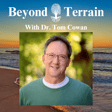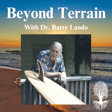
Missy Bunch on Eye Movements, Pain, Trauma, Neural Training and More!
In this episode, we sit down with movement expert Missy Bunch to explore the deep connection between neurology, movement, and overall health. We begin by rethinking movement, challenging traditional fitness perspectives and highlighting a more integrative approach to physical well-being.
Missy explains how neurology and movement are deeply connected, shedding light on how the brain influences movement patterns and vice versa. This leads us into a discussion on pain—what it really is, why it happens, and how we can rethink our approach to managing it.
We also explore the relationship between trauma and movement, diving into how unresolved trauma can manifest in the body and how movement can play a role in healing. Missy then shares insights on training the neural system, including the impact of eye movement on performance, balance, and recovery.
To wrap up, we discuss the subtle but powerful connections in health, revealing how small changes in movement, awareness, and mindset can create profound shifts in well-being.
This episode is packed with valuable insights for anyone looking to optimize their movement, understand pain, or explore the brain-body connection. Tune in!
Keep up with me (socials)
https://www.instagram.com/beyond.terrain/
Our vision at Beyond Terrain is best supported by sharing our work!
Joining our private terrain community is also a wonderful way to support what we do here at Beyond Terrain.
https://beyondterrain.com/beyond-terrain-community/
Learn more from and support our esteemed guest, Ms. Missy Bunch
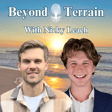
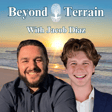
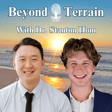
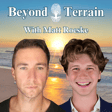

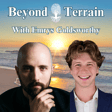
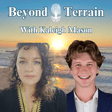
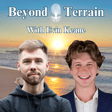
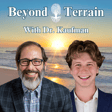
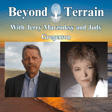

![DNA Doesn't Exist & Genomic Nonsense with Dr. Jerneja Tomsic [Part 2] image](https://media.zencastr.com/cdn-cgi/image/width=112,quality=85/image-files/652933f3a749dc383eb375de/ce5a5fd9-98c9-44fe-9b4b-3d0cd5abcf29.png)





